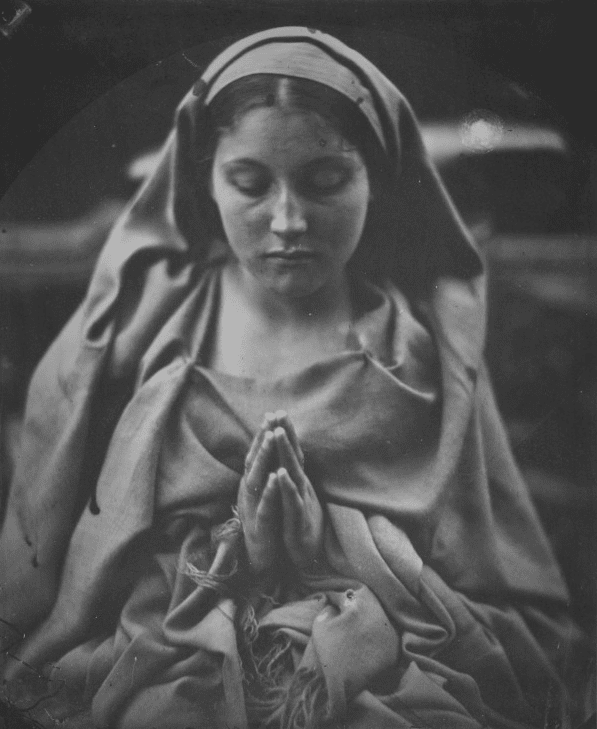
Feast Day: June 28
Birth: AD 130 Smyrna in Asia Minor (modern-day İzmir, Turkey)
Death: AD 202 (aged 72) Lugdunum in Gaul (modern-day Lyon, France)
Life: Irenaeus (/aɪrəˈniːəs/; Greek: Ειρηναίος Eirēnaíos) (died about 202) was a Greek cleric noted for his role in guiding and expanding Christian communities in what is now the south of France and, more widely, for the development of Christian theology by combatting heresy and defining orthodoxy. Originating from Smyrna, now Izmir in Turkey, he had heard the preaching of Polycarp, who in turn was said to have heard John the Evangelist.
Chosen as bishop of Lugdunum, now Lyon, his best-known work is On the Detection and Overthrow of the So-Called Gnosis, often cited as Adversus Haereses, an attack on gnosticism, in particular that of Valentinus. To counter the doctrines of the gnostic sects claiming secret wisdom, he offered three pillars of orthodoxy: the scriptures, the tradition handed down from the apostles, and the teaching of the apostles’ successors. Intrinsic to his writing is that the surest source of Christian guidance is the church of Rome, and he is the earliest surviving witness to recognise all four gospels as essential.
He is recognized as a saint in the Catholic Church on 28 June, and in the Eastern Orthodox Church on 23 August.
Irenaeus was born during the first half of the 2nd century (the exact date is disputed: between the years 115 and 125 according to some, or 130 and 142 according to others), and he is thought to have been a Greek from Polycarp’s hometown of Smyrna in Asia Minor, now İzmir, Turkey. Unlike many of his contemporaries, he was brought up in a Christian family rather than converting as an adult.
During the persecution of Marcus Aurelius, the Roman Emperor from 161–180, Irenaeus was a priest of the Church of Lyon. The clergy of that city, many of whom were suffering imprisonment for the faith, sent him in 177 to Rome with a letter to Pope Eleutherius concerning the heresy Montanism, and that occasion bore emphatic testimony to his merits. While Irenaeus was in Rome, a persecution took place in Lyon. Returning to Gaul, Irenaeus succeeded the martyr Saint Pothinus and became the second Bishop of Lyon.
During the religious peace which followed the persecution of Marcus Aurelius, the new bishop divided his activities between the duties of a pastor and of a missionary (as to which we have but brief data, late and not very certain). Almost all his writings were directed against Gnosticism. The most famous of these writings is Adversus haereses (Against Heresies). Irenaeus alludes to coming across Gnostic writings, and holding conversations with Gnostics, and this may have taken place in Asia Minor or in Rome. However, it also appears that Gnosticism was present near Lyon: he writes that there were followers of ‘Marcus the Magician’ living and teaching in the Rhone valley.
Little is known about the career of Irenaeus after he became bishop. The last action reported of him (by Eusebius, 150 years later) is that in 190 or 191, he exerted influence on Pope Victor I not to excommunicate the Christian communities of Asia Minor which persevered in the practice of the Quartodeciman celebration of Easter.
Nothing is known of the date of his death, which must have occurred at the end of the 2nd or the beginning of the 3rd century. A few within the Roman Catholic Church and Orthodox Church celebrate him as a martyr. He was buried under the Church of Saint John in Lyon, which was later renamed St Irenaeus in his honour. The tomb and his remains were utterly destroyed in 1562 by the Huguenots.
– Christi Simus Non Nostri






